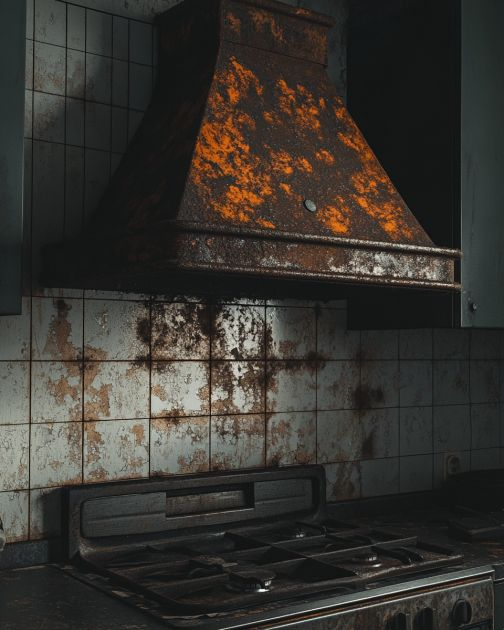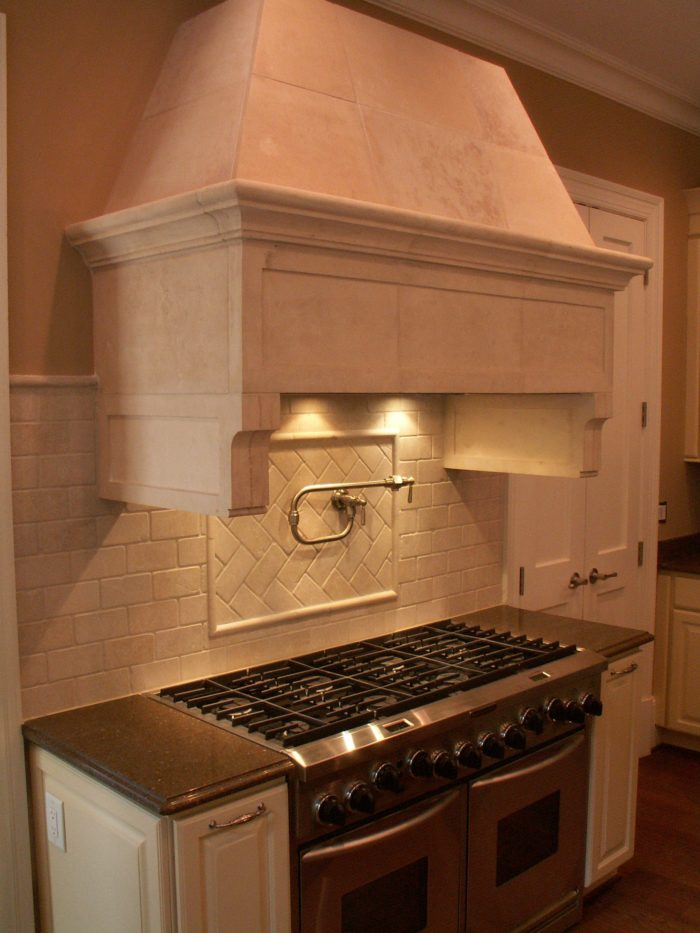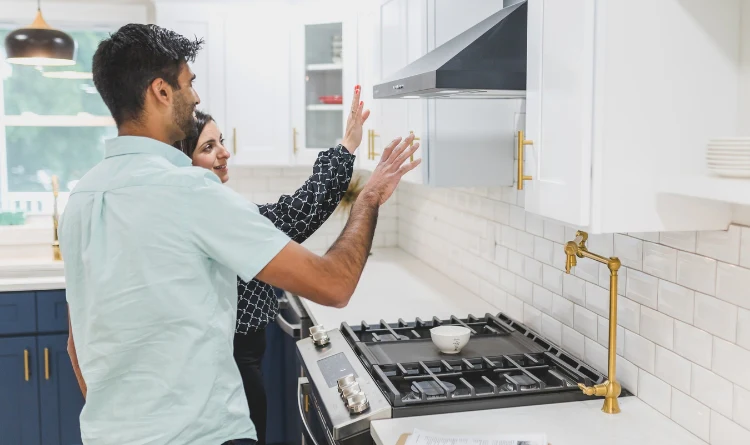When your neighbor refuses to replace a 15-year-old range hood, claiming it still works fine, it can feel a bit unsettling. While their range hood might technically still function, you can’t help but worry about its safety and efficiency. So, how long should a range hood last, and when is it time to replace one? Let’s dive into the details, from lifespan and safety concerns to practical tips for addressing this tricky situation with your neighbor.
Why a Range Hood Is Essential in the Kitchen

Range hoods are more than just another appliance—they’re the unsung heroes of a safe and clean kitchen. They whisk away smoke, grease, steam, and cooking odors, improving indoor air quality and preventing harmful buildup on walls and ceilings. Without a properly working range hood, your kitchen can become a hub for poor ventilation and lingering smells.
Beyond comfort, range hoods also play a safety role. They reduce the risk of grease fires and prevent airborne contaminants from settling in your home. A malfunctioning or outdated hood compromises these benefits, making it a critical issue to address.
Signs It’s Time to Replace a Range Hood
Wondering how to spot when a range hood has outlived its usefulness? Here are some telltale signs that it might be time for an upgrade:
- Decreased Suction Power: If the hood no longer clears smoke or steam effectively, it’s likely losing its ability to function.
- Persistent Odors: A lingering smell after cooking suggests the filters are no longer working properly.
- Unusual Noise Levels: Excessive noise during operation can indicate motor wear or other mechanical issues.
- Visible Damage or Wear: Cracks, rust, or other physical signs of age are red flags.
- Outdated Features: Older models may lack modern safety and efficiency advancements that newer models offer.
If your neighbor’s range hood exhibits these issues, it’s probably time for a replacement, regardless of how “good” it seems on the surface.
The Lifespan of a Range Hood: How Long Should It Last?
On average, a well-maintained range hood can last between 10 and 15 years. The actual lifespan depends on several factors, including:
- Quality of the Model: Higher-end range hoods tend to last longer than cheaper models.
- Frequency of Use: Daily heavy-duty cooking can wear out components faster.
- Maintenance: Regular cleaning and filter replacement play a significant role in extending a hood’s life.
If your neighbor’s hood is over 15 years old, even with proper maintenance, it’s likely nearing the end of its functional life. It may still “work,” but its performance, safety, and energy efficiency could be compromised.
Safety Concerns with Older Range Hoods
Let’s face it: older appliances can become safety hazards. While a range hood might look fine, its inner components could tell a different story. Here are some potential risks associated with older range hoods:
- Electrical Malfunctions: Over time, wiring and connections can degrade, increasing the risk of shorts or fires.
- Outdated Safety Standards: Older models may not meet current safety regulations, leaving them less reliable in critical situations.
- Grease Buildup: Years of operation without proper cleaning can lead to a dangerous accumulation of grease, a leading cause of kitchen fires.
These risks emphasize why replacing an aging range hood isn’t just about aesthetics—it’s about ensuring safety.
Factors That Impact Range Hood Longevity

What determines how long a range hood will last? Here are some key factors:
- Usage Frequency: Heavy, daily use will wear out a range hood faster than occasional cooking.
- Type of Cooking: Greasy, high-smoke cooking (think frying or grilling) puts more strain on the hood.
- Quality of Installation: A poorly installed range hood might develop issues sooner than one installed by a professional.
- Maintenance Practices: Regular filter cleaning and replacing motor parts when needed can keep a range hood running smoothly.
If your neighbor hasn’t been diligent about maintaining their range hood, its actual lifespan might be shorter than expected.
When to Replace a Range Hood
Even the most durable range hoods will eventually need to be replaced. Here are some situations where it’s time to say goodbye to an old appliance:
- Age: If the hood is over 15 years old, it’s likely time for an upgrade.
- Performance Decline: When the range hood no longer clears smoke, steam, or grease effectively.
- Frequent Repairs: Constantly fixing an old hood may cost more than replacing it with a new one.
- Improved Technology: Newer range hoods offer quieter operation, better filtration, and energy-efficient features.
Replacing an old range hood isn’t just about safety; it’s also an opportunity to enhance kitchen functionality and aesthetics.
How to Talk to Your Neighbor About Their Range Hood
Addressing this topic with your neighbor requires a bit of diplomacy. Here’s how to approach the conversation:

- Start With Empathy: Acknowledge their perspective and express your concerns in a non-confrontational way. For example, “I know you think your range hood is still working, but I’ve read that older ones can pose safety risks.”
- Share Information: Provide facts about the lifespan and potential hazards of older range hoods. Point out that many models are designed to last 10 to 15 years.
- Suggest Upgrading Benefits: Highlight the advantages of a modern range hood, like better air quality, quieter operation, and improved energy efficiency.
- Offer Assistance: If possible, offer to help them research new models or find professionals for installation.
Remember, the goal is to share your concerns without making them feel judged or defensive.
Conclusion: The Right Balance Between Safety and Practicality
While your neighbor’s 15-year-old range hood might still function, it’s worth considering whether it’s time for an upgrade. Range hoods play a vital role in maintaining kitchen safety and air quality, and outdated models can pose significant risks. With a lifespan of about 10 to 15 years, most hoods eventually reach a point where performance declines, and safety concerns increase.
By understanding the importance of a well-maintained range hood and approaching the topic thoughtfully, you can encourage your neighbor to prioritize safety without straining your relationship. At the end of the day, a safe and healthy home benefits everyone.


